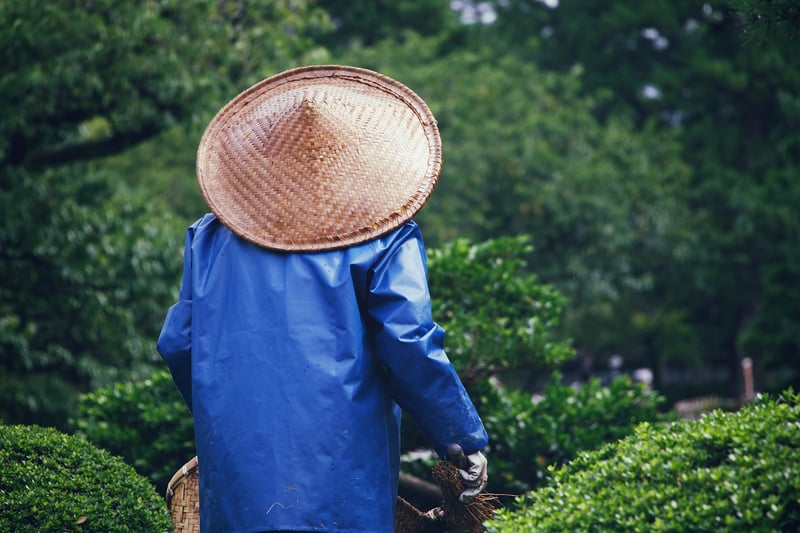Fertilizing Plants
#Indoor
#Outdoor
#Organic
Nurturing and Fertilizing Plants: A Comprehensive Guide
The Importance of Nurturing Plants
Plants require proper care and attention to thrive and flourish. Nurturing plants involves providing them with the essential elements they need to grow, including water, sunlight, and proper soil conditions.
Tips for Nurturing Plants:
- Water your plants regularly, ensuring they are neither overwatered nor underwatered.
- Place your plants in locations where they can receive adequate sunlight based on their specific light requirements.
- Use well-draining soil to prevent waterlogged roots and promote healthy growth.
- Prune your plants as needed to remove dead or overgrown parts and encourage new growth.
- Monitor your plants for signs of pests or diseases and take appropriate action to prevent infestations.
The Role of Fertilizing Plants
Fertilizing plants is essential for providing them with additional nutrients that may be lacking in the soil. Fertilizers can help plants grow stronger, produce more flowers or fruits, and resist diseases.
Tips for Fertilizing Plants:
- Choose the right type of fertilizer based on your plant's needs, such as balanced, slow-release, or organic fertilizers.
- Follow the instructions on the fertilizer package to avoid over-fertilizing, which can harm your plants.
- Apply fertilizers during the plant's active growing season for optimal absorption of nutrients.
- Water your plants after fertilizing to help distribute the nutrients evenly in the soil.
- Consider using natural alternatives like compost or manure to enrich the soil and feed your plants organically.
By nurturing and fertilizing your plants effectively, you can create a thriving and vibrant garden that brings joy and beauty to your surroundings.


Remember, each plant species has its own specific care requirements, so always research and understand the needs of your plants to ensure they thrive in your care.
Happy gardening!
